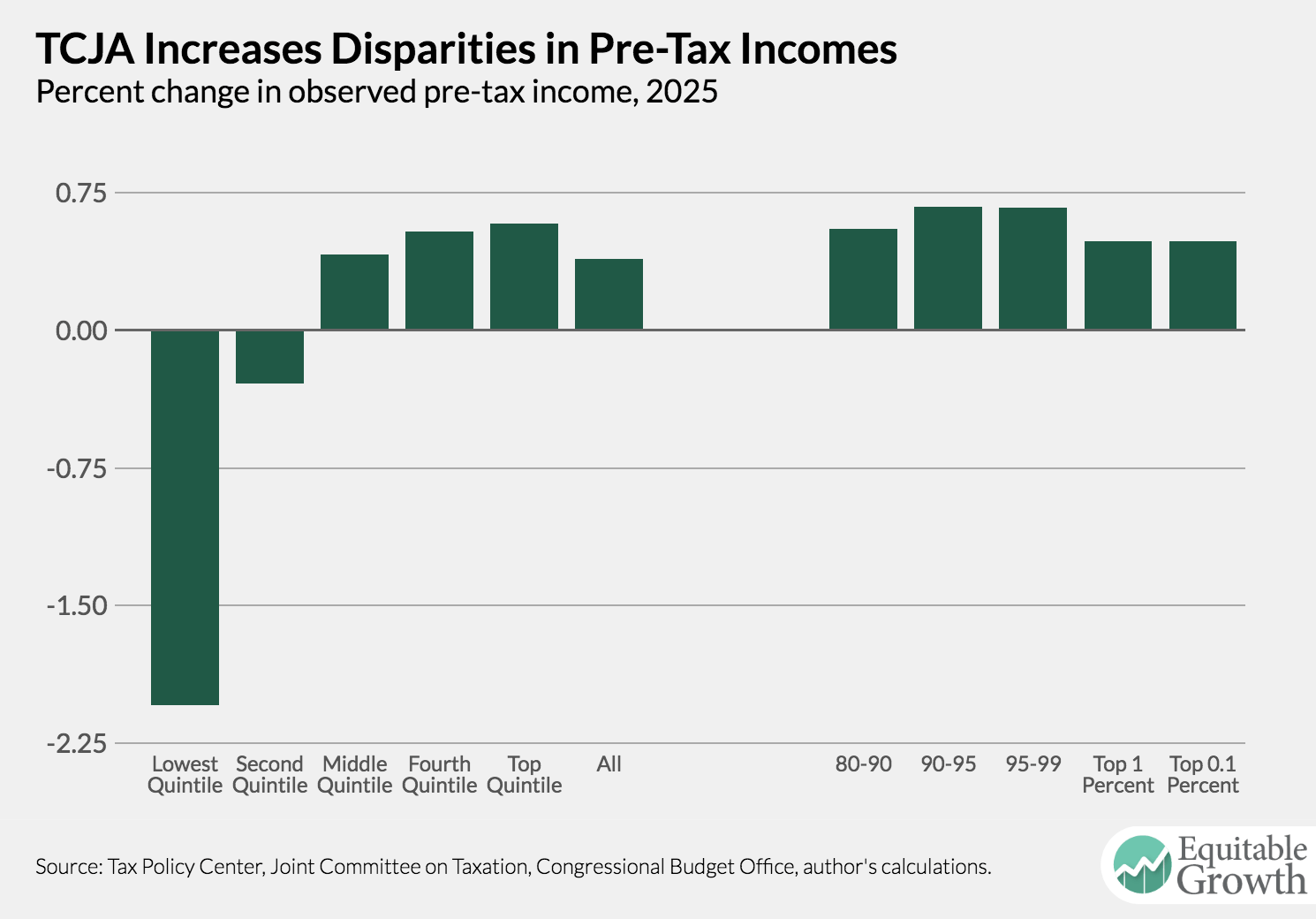Weekend reading: “Gluts, booms, and crashes” edition
This is a weekly post we publish on Fridays with links to articles that touch on economic inequality and growth. The first section is a round-up of what Equitable Growth published this week and the second is the work we’re highlighting from elsewhere. We won’t be the first to share these articles, but we hope by taking a look back at the whole week, we can put them in context.
Equitable Growth round-up
The latest in the Equitable Growth Working Paper series is research on who becomes an inventor in the United States. The paper, funded in part by Equitable Growth, looks at how differences in family background affect which American children go on to become inventors.
What have economists learned about the cycle of boom and crashes in the wake of the Great Recession? Summarizing empirical and theoretical research from the past few years, a new paper lays out the case for the importance of the “credit-driven household demand channel.”
Looking back at President Trump’s first State of the Union address, Heather Boushey highlights research on the challenges families face in the modern economy and how it matches up to the President’s proposals.
Links from around the web
Michael Gee looks at troubling data from the U.S. Equal Employment Opportunity Commission. He wonders why so few executives, especially in the tech sector, are women or people of color. [hbr]
How low can the unemployment rate fall before inflation really picks up? As Neil Irwin writes, economists just don’t know and yet it’s the biggest question in U.S. monetary policy these days. [the upshot]
Speaking of monetary policy, former Federal Reserve Chair Ben Bernanke interviews former Federal Reserve Chair Janet Yellen about her time at the Fed and much more. [brookings]
The United States currently runs an investment income surplus with the rest of the world, as the income earned from U.S. investment abroad is higher than the investment income earned by foreigners in the United States. Brad Setser writes about how this surplus is likely to decline soon, making the U.S. current account deficit even larger. [cfr]
A new study, Caitlin Dewey reports, finds that the maximum pre-meal benefit available from the Supplemental Nutrition Assistance Program is lower than the average price of meals bought by low-income households in 99 percent of U.S. counties. [wonkblog]
Friday figure

Figure from “Presentation: U.S. Inequality and Recent Tax Changes,” by Greg Leiserson

